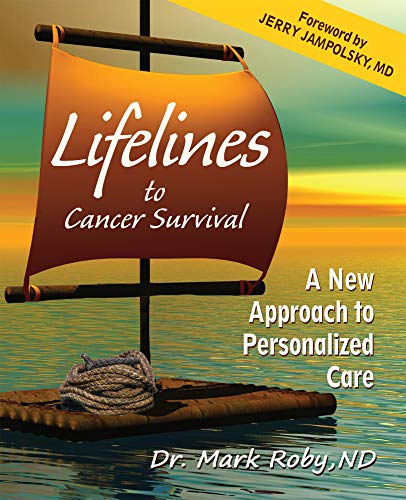In late March of 2003, I was lying in a large, cavernous chemo room in Michigan. As 10 million units of interferon coursed into me, I could feel myself going into the abyss. Even though I was in this dream state, I can remember my oncologist whispering in my ear, ” Mark, why are you going all around the country looking for answers? There aren’t any. This interferon isn’t going to work: neither is Avastin, thalidomide, or even a clinical trial drug. Why can’t you accept the inevitable? You’ll be gone in the next three to four months”.
I couldn’t believe what he was saying to me. I was in shock and disbelief. I thought his job was to save my life! I said to myself, “What is this doctor telling his other patients? ( I ran into another of his patients a year later who was told the same thing ) The physician who was assigned to help save my life seemed ready to give up. I became madder than hell. Over time, I turned that anger into action.
I never want to forget that moment. Why? Because it was a turning point for me. I never want any other patient to hear what i heard or feel what i felt like when that doctor gave me a death sentence. I know what it’s like to be in your shoes, given a grim prognosis and no hope.
The sole purpose of Lifelines is to increase patient’s survival times, your survival time, especially if you are facing rare, aggressive, or advanced malignancies. Lifelines To Cancer Survival offers you, the reader, cutting edge, real-time research and tools that you will not find compiled in one resource anywhere else.
When I was hit with cancer, there was no handbook or road map on how to survive rare or advanced malignancies. This book is a compilation of a decade’s worth of research and personal insight that I have gained to keep myself alive. The media loves to herald successful cancer patients as heroes. I am no hero, but I know what it takes to survive. It is my hope that these life-saving tools will empower you in your own journey wi th cancer.
th cancer.

